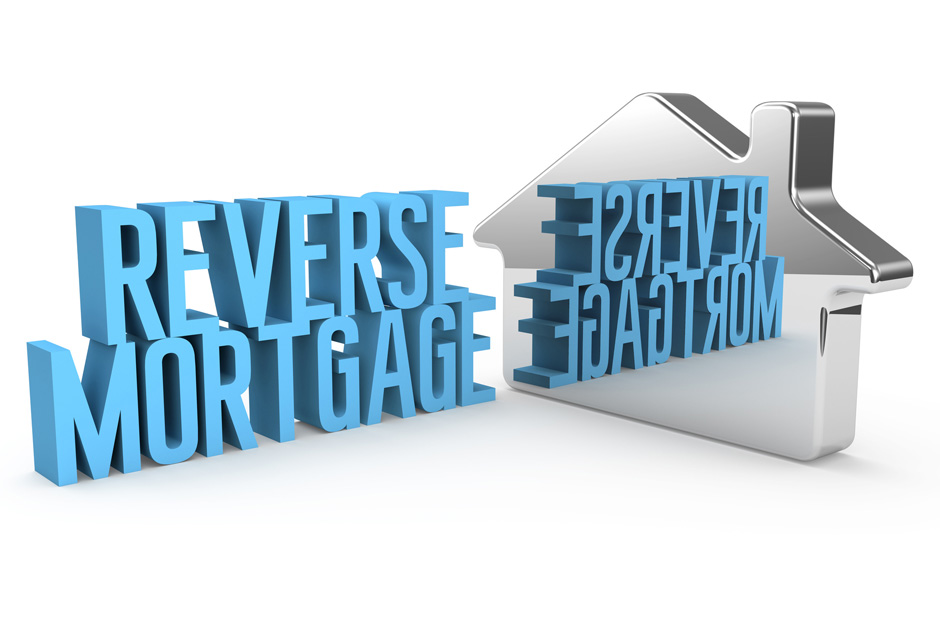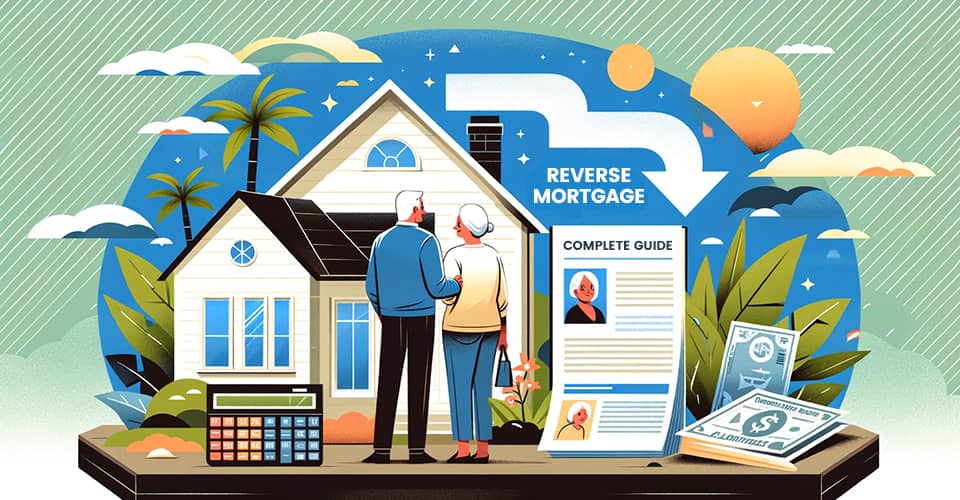Why More Homeowners Are Deciding to Purchase Reverse Mortgage
Why More Homeowners Are Deciding to Purchase Reverse Mortgage
Blog Article
Empower Your Retirement: The Smart Method to Purchase a Reverse Mortgage
As retired life approaches, numerous individuals seek effective approaches to improve their monetary self-reliance and well-being. Among these approaches, a reverse home mortgage emerges as a sensible alternative for property owners aged 62 and older, allowing them to touch into their home equity without the requirement of regular monthly payments. While this financial device provides several benefits, consisting of raised capital and the possible to cover vital costs, it is vital to comprehend the complexities of the application procedure and essential considerations involved. The next actions might disclose how you can make a knowledgeable decision that might considerably affect your retirement years.
Recognizing Reverse Mortgages
Understanding reverse home loans can be important for home owners looking for monetary versatility in retirement. A reverse home mortgage is a monetary product that permits qualified house owners, typically aged 62 and older, to convert a portion of their home equity right into cash money. Unlike traditional home mortgages, where customers make regular monthly payments to a lender, reverse home mortgages enable house owners to obtain settlements or a swelling amount while retaining ownership of their building.
The amount available through a reverse home mortgage relies on a number of variables, including the home owner's age, the home's value, and present rate of interest. Notably, the lending does not have to be settled till the house owner offers the home, leaves, or passes away.
It is essential for prospective customers to understand the implications of this monetary product, including the effect on estate inheritance, tax considerations, and ongoing duties associated with property upkeep, tax obligations, and insurance. Additionally, counseling sessions with licensed specialists are commonly needed to ensure that consumers completely understand the terms and conditions of the loan. In general, an extensive understanding of reverse home mortgages can empower property owners to make informed choices about their monetary future in retirement.
Advantages of a Reverse Mortgage
A reverse mortgage uses a number of compelling benefits for eligible property owners, specifically those in retirement. This financial device permits senior citizens to transform a section of their home equity into cash money, supplying vital funds without the requirement for monthly mortgage settlements. The money obtained can be utilized for various purposes, such as covering medical expenditures, making home enhancements, or supplementing retirement earnings, thus boosting total economic versatility.
One significant benefit of a reverse home loan is that it does not need repayment till the property owner vacates, markets the home, or passes away - purchase reverse mortgage. This function makes it possible for retired people to preserve their way of life and meet unforeseen prices without the problem of regular monthly payments. In addition, the funds obtained are commonly tax-free, permitting house owners to use their cash without fear of tax obligation effects
Furthermore, a reverse home loan can give satisfaction, understanding that it can function as a financial safety and security internet throughout difficult times. House owners likewise keep ownership of their homes, guaranteeing they can continue residing in a familiar environment. Eventually, a reverse home loan can be a calculated financial source, empowering senior citizens to handle their funds efficiently while enjoying their golden years.
The Application Process
Browsing the application process for a reverse home mortgage is an important step for house owners considering this financial choice. The first stage includes evaluating eligibility, which generally calls for the homeowner to be at least 62 years of ages, own the property outright or have a low home loan balance, and occupy the home as their main residence.
As soon as eligibility is validated, homeowners should undertake a therapy session with a HUD-approved counselor. This session ensures that they fully understand the effects of a reverse home mortgage, consisting of the responsibilities included. purchase reverse mortgage. After finishing therapy, candidates can proceed to collect needed documents, consisting of evidence of earnings, properties, and the home's worth
The following step involves submitting an application to a lender, who will certainly assess the financial and property credentials. An appraisal of the home will certainly likewise be carried out to identify its market worth. If accepted, the lending institution will certainly present car loan terms, which need to be reviewed thoroughly.
Upon acceptance, the closing process follows, where last papers are useful site signed, and funds are disbursed. Recognizing each stage of this application procedure can substantially boost the home owner's browse around this web-site confidence and decision-making relating to reverse mortgages.

Trick Considerations Prior To Getting
Getting a reverse mortgage is a considerable economic choice that requires mindful factor to consider of several key variables. Comprehending your eligibility is critical. Home owners must be at least 62 years old, and the home has to be their key home. Examining your economic requirements and objectives is just as important; identify whether a reverse mortgage aligns with your long-lasting strategies.

In addition, analyze the impact on your current way of living. A reverse home mortgage can affect your eligibility for sure federal government advantages, such as Medicaid. Seek expert support. Consulting with a financial consultant or a housing therapist can provide valuable insights customized to your private scenarios. By extensively evaluating these factors to consider, you can make a more informed choice about whether a reverse mortgage is the right monetary approach for your retirement.
Taking advantage of Your Funds
When you have secured a reverse home mortgage, properly handling the funds becomes a top priority. The flexibility of a reverse home loan enables house owners to use the funds in various methods, however strategic preparation is important to optimize important source their advantages.
One essential strategy is to produce a spending plan that details your financial goals and regular monthly costs. By recognizing essential expenses such as health care, real estate tax, and home maintenance, you can allot funds as necessary to guarantee long-term sustainability. Furthermore, take into consideration making use of a portion of the funds for investments that can create earnings or value over time, such as dividend-paying stocks or common funds.
An additional crucial element is to maintain a reserve. Establishing apart a get from your reverse home loan can aid cover unexpected costs, providing peace of mind and financial stability. Moreover, speak with a monetary advisor to explore feasible tax implications and how to incorporate reverse mortgage funds right into your overall retirement strategy.
Inevitably, sensible administration of reverse home mortgage funds can enhance your economic safety and security, permitting you to appreciate your retirement years without the stress of monetary uncertainty. Mindful preparation and educated decision-making will certainly ensure that your funds work properly for you.
Conclusion
In final thought, a reverse mortgage offers a sensible financial technique for seniors looking for to enhance their retirement experience. By transforming home equity into accessible funds, individuals can address crucial expenditures and safe additional economic resources without incurring regular monthly repayments.
Comprehending reverse mortgages can be crucial for homeowners looking for economic adaptability in retirement. A reverse home mortgage is an economic product that allows qualified homeowners, typically aged 62 and older, to convert a portion of their home equity right into cash. Unlike typical home loans, where consumers make monthly settlements to a lender, reverse mortgages enable house owners to obtain settlements or a lump amount while preserving ownership of their property.
Overall, an extensive understanding of reverse home loans can equip property owners to make educated choices about their economic future in retirement.
Seek advice from with a monetary consultant to explore possible tax obligation implications and how to incorporate reverse home loan funds into your overall retirement strategy.
Report this page